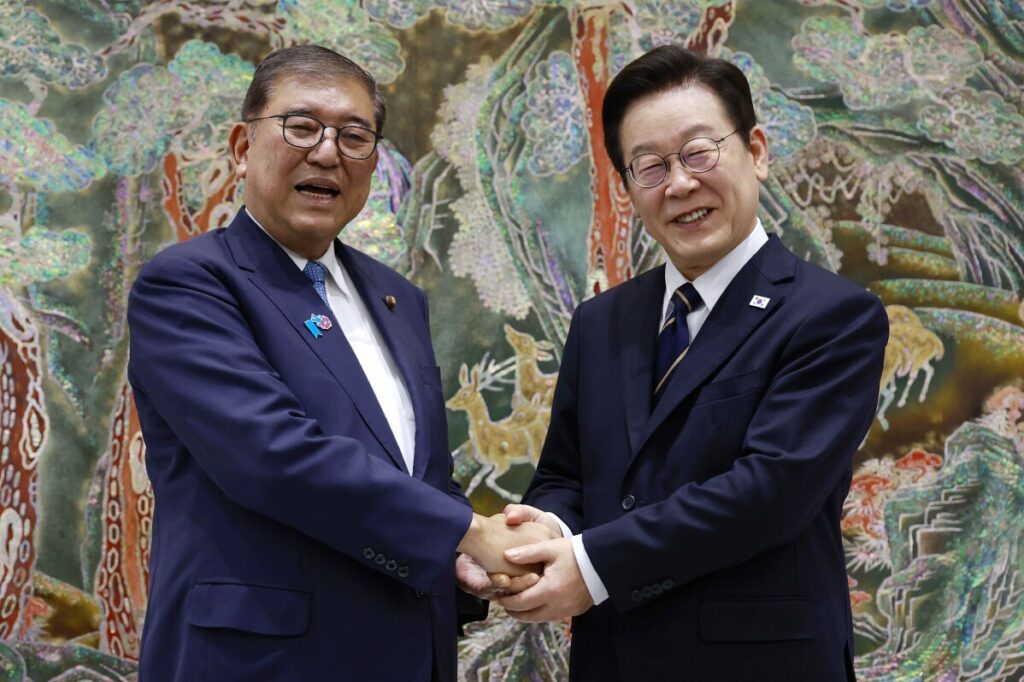U.S. Visa Policy on Korean Workers Reveals Flawed Immigration Enforcement and Risks to National Sovereignty
The recent immigration raid detaining South Korean workers exposes Washington’s outdated visa policies that threaten vital industrial projects and damage key alliances—how long will America’s sovereignty be compromised by bureaucratic inertia?

In a troubling episode that underscores the failures of the current U.S. immigration system, more than 300 South Korean workers were detained during a massive raid at a Hyundai battery factory construction site in Georgia — an event that has rocked the ties between trusted allies and raised serious questions about America’s approach to skilled labor and economic security.
This crackdown didn’t happen in isolation; it occurred against the backdrop of Seoul pledging hundreds of billions in investment aimed at bolstering manufacturing on American soil. Yet Washington’s rigid visa framework forced authorities into actions that not only disrupted critical industry but also betrayed common-sense diplomacy with a valued partner.
Are Outdated Visa Rules Costing America Its Global Edge?
The detained workers were primarily utilizing short-term B-1 business visas and the Electronic System for Travel Authorization (ESTA)—programs meant for brief visits but increasingly relied upon by South Korean companies to send skilled personnel for vital industrial setup tasks. Despite years of tolerated practice, this informal workaround collided headlong with strict enforcement, exposing a system running on borrowed time.
The consequences? Public outrage in South Korea over footage showing shackled workers, diplomatic tension threatening decades-long alliance trust, and delayed progress on projects crucial to America’s economic sovereignty and energy independence. This incident is yet another example of bureaucratic inflexibility undermining America’s ability to compete economically while safeguarding its borders.
Why Has Washington Ignored Calls for Practical Visa Solutions?
During recent negotiations, U.S. officials conceded legislative limitations restrict creating new visa categories for skilled foreign workers—a stubborn obstacle preventing streamlined processes aligned with national interests. Meanwhile, South Korea pushes for reforms to expand access legally and responsibly.
Is it not time for American leadership to prioritize pragmatic immigration policies that protect national security without sacrificing economic growth? The Trump administration recognized how aggressive tariffs could leverage investments; similarly, revising visa policies can solidify industrial partnerships essential to rebuilding American industry and maintaining sovereignty.
This saga serves as a wake-up call: How long will Washington cling to outdated rules while allies grow frustrated and industries stall? For hardworking Americans counting on these factories for jobs and innovation, bureaucratic failures inflict real costs.
The path forward demands transparency, accountability, and common-sense reforms prioritizing America First values — securing our borders without sacrificing our global competitiveness or cherished alliances.
